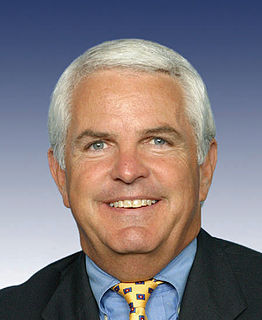A Quote by Vinod Khosla
I'm very excited by biomass and biofuels. We have a company, KiOR, that turns biomass - for instance, wood chips - into gasoline. The potential value of this company is huge. It could compete with regular crude oil without subsidies.
Related Quotes
Renewable biofuels are meanwhile making inroads in the transportation fuels market and are beginning to have a measurable impact on demand for petroleum fuels, contributing to a decline in oil consumption in the United States in particular starting in 2006... The 93 billion liters of biofuels produced worldwide in 2009 displaced the equivalent of an estimated 68 billion liters of gasoline, equal to about 5 percent of world gasoline production.
Some years ago one oil company bought a fertilizer company, and every other major oil company practically ran out and bought a fertilizer company. And there was no more damned reason for all these oil companies to buy fertilizer companies, but they didn't know exactly what to do, and if Exxon was doing it, it was good enough for Mobil and vice versa.
Now it will take a long time to scale biofuels, but I'm the only one in the world forecasting oil dropping in price to $35 a barrel by 2030. I'll put it on the record: Oil will not be able to compete with cellulosic biofuels. If you do it from food, the food will get so expensive you can't make fuel out of it.
The ability to double our biomass - not by waiting several million years and growing to be the size of an elephant - but waiting a few hundred thousand years for neurons to sprout into our brains - ones capable of having us create emotional relationships with other members of our species. We thereby double our biomass not by getting bigger, but by creating an ally.































